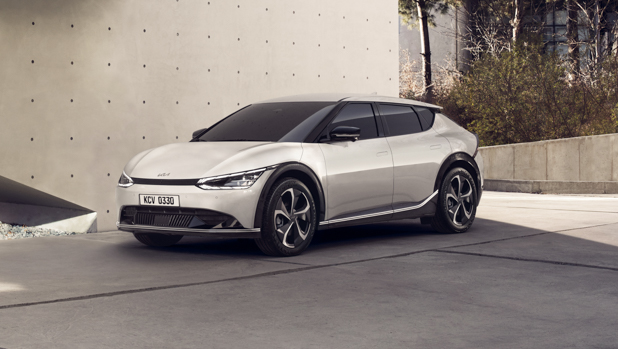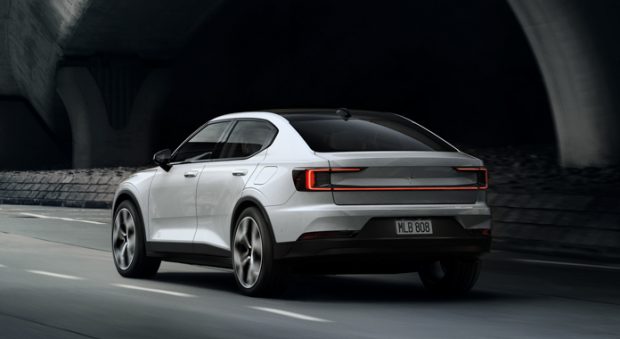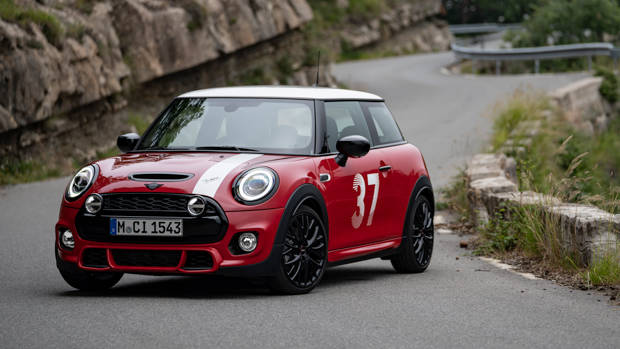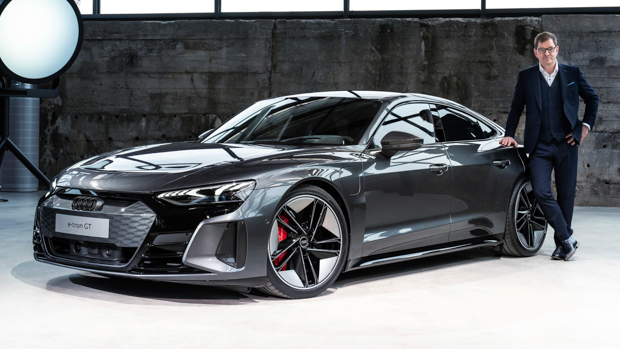-
Car Reviews
- Car News
-
Car Comparisons
Latest comparisons
- Chasing Deals
Welcome back to the weekly news wrap up! Where we compile all the very best in news and cut to the chase on the bits that matter.
This week in car news showed, perhaps more than ever before, that the future is coming and very quickly.
Of the six cars that were announced this week, four were electric. Mini set a goal to become an electric-only brand by the early 2030s and Audi confirmed it would not develop a next generation of combustion engines.
When looking to Australia specifically, we had a wave of electric news with Swedish brand Polestar announcing its arrival date and BMW confirmed the iX large SUV was coming to Australia – but fear not lovers of combustion for we also have some V8 hooliganism in our midst.
This week Kia launched the EV6 SUV which is the brand’s first dedicated EV and is the first of seven EVs based on the Hyundai Motor Group’s E-GMP platform that the marque plans to release before 2027.
The EV6 shares a similar shape to the Ioniq 5 which sits on the same platform, but with a radically different face and a rear that utilises a singular rear tail light design.
More details are expected to be released very soon but expect the EV6 to have figures similar to the Ioniq 5 which has 470km of range, up to 225kW of power and 605Nm of torque in the all-wheel-drive guise.
Swedish brand Polestar has announced it will be expanding into the Asia-Pacific region with a long list of countries that includes Australia.
Polestar currently only makes one car, the Polestar 2 midsize SUV, after it announced it was stopping production on the Polestar 1, but it’s a vehicle that is more than capable of making a mark in what is an increasingly populated EV segment.
The Polestar 2 has impressed overseas with up to 300kW of power and 660Nm of torque from two electric motors, 470km of WLTP tested range and a DC charging speed that matches the likes of the Audi e-tron at 150kW.
In BMW Group’s annual conference this week Oliver Zipse, the group’s chairman of the board of management, said Mini would be its first brand not to offer a combustion engine in their lineup.
The new last new combustion engine will be released in 2025 before the automaker transitions entirely to EVs sometime in the early 2030s.
Mini’s shift towards electrification was no doubt influenced by a move from the United Kingdom to ban the sale of all petrol and diesel cars by 2030, with more European nations to follow soon after.
Latest news
About Chasing cars
Chasing Cars reviews are 100% independent.
Because we are powered by Budget Direct Insurance, we don’t receive advertising or sales revenue from car manufacturers.
We’re truly independent – giving you Australia’s best car reviews.



